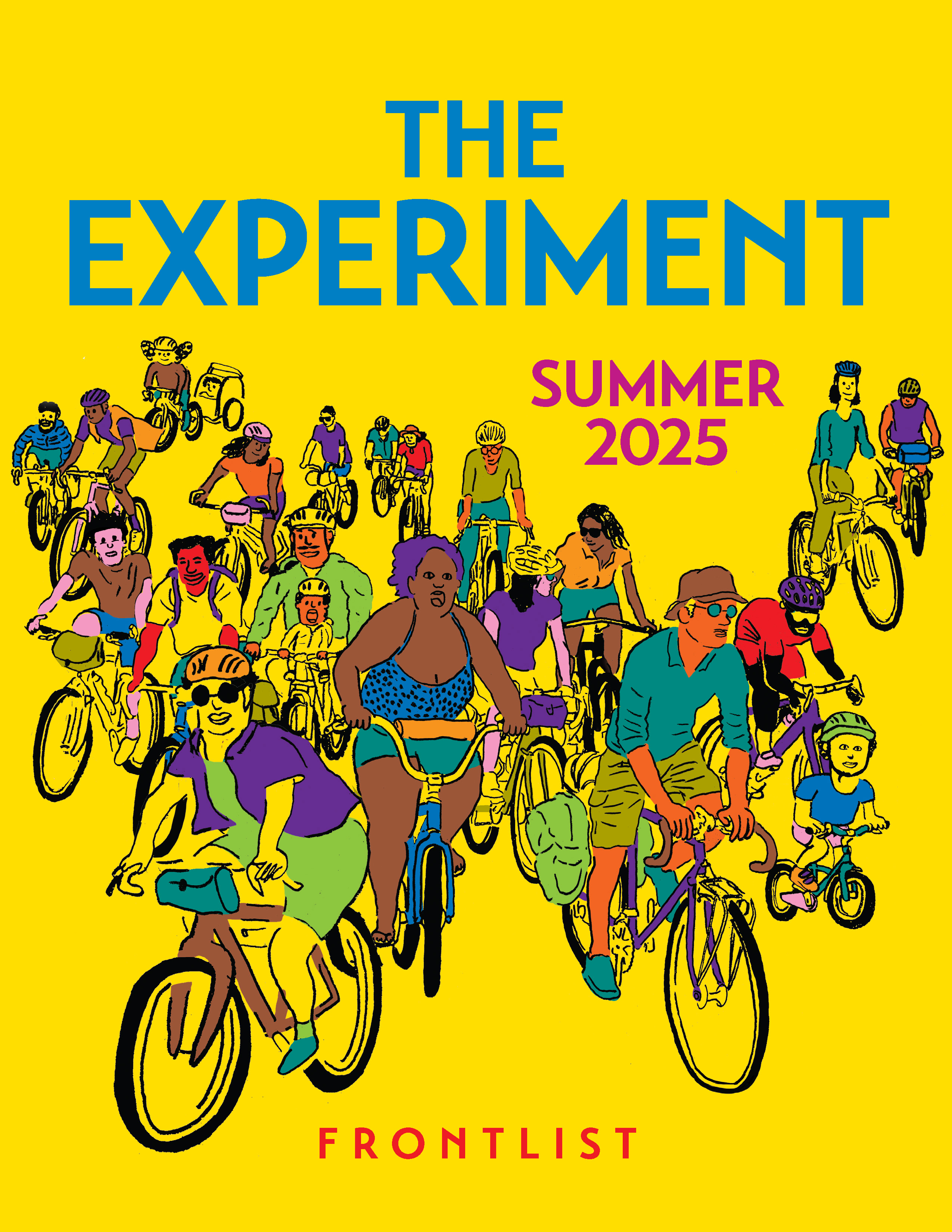If transgender rights don’t normally register a blip on your radar, that has most likely changed over the past few weeks. North Carolina’s controversial House Bill 2, which requires transgender people to use the bathroom connected to the sex on their birth certificate, has inspired national backlash, heated rhetoric, and a wave of private-sector activism. News outlets like NPR are finally putting gender variance on the daily agenda.
In a resounding show of anti-discriminatory solidarity, a long line of celebrities and companies from Ringo Starr to Pepsi swiftly took to the press to announce their intention to boycott the state of North Carolina. In line with an ongoing legal battle being pushed by the Department of Justice (Attorney General Loretta Lynch has firmly argued that “state-sanctioned discrimination never works and never looks good in hindsight”), these boycotts aim to pressure the North Carolina government into reversing its controversial decision. However, some argue that these boycotts do more to hurt the effort that they claim to support.
Independent bookstores across North Carolina have become sites of debate around the question of whether or not private boycotts are an effective tactic. Linda-Marie Barrett, the general manager of the award-winning Malaprop’s Bookstore/Cafe, penned an open letter in Shelf Awareness that plead authors not to cancel their events in the state. Writing that “we work hard every day […] to guard against censorship and intolerance in whatever form it appears,” Linda-Marie expresses regret over a canceled event that she argues “could have served as a platform to address an audience that would be empowered by [the author’s] outrage.”
Amidst these tactical disagreements, a wide coalition has mounted against HB2. After nearly a month of mounting political pressure, Obama issued his now-famous “Dear Colleague Letter on Transgender Rights” last week. Arguing that schools are legally obligated to “ensure nondiscrimination on the basis of sex,” Obama interprets HB2 as a violation of Title IX, going further to state that all schools that receive federal funds must “provide transgender students equal access to educational programs and activities.” In the letter, Obama formally distinguishes between Gender identity, Sex assigned at birth, Transgender and Gender transition in non-biological terms, effectively recognizing the existence of gender fluidity and non-binary gender variance.
In returning to question of cultural boycotts in North Carolina, it is important to remember that this language did not appear out of thin air. Academics, activists, and writers have been promoting ideas about gender variance and gender inclusivity for quite some time, and have certainly contributed to the cultural climate that now speaks so strongly in support of trans rights. As an example, Diane Ehrensaft, author of The Gender Creative Child and Gender Born, Gender Made, not only led the push to have “gender dysphoria” removed as a disorder in the newest edition of the American Psychiatric Association’s Diagnostic and Statistical Manual, but also pioneered much of the language that is now being employed by none other than the President of the United States.
The movement against HB2 draws upon a rich tradition of trans advocacy that flourishes amongst independent authors, publishers, and booksellers. These voices are important and transformative: by refusing to lend their presence, voices, and measured anger to the cultural venues of North Carolina, many participants of the cultural boycott may be shutting down an invaluable opportunity to contribute to the very change that they want to see.


